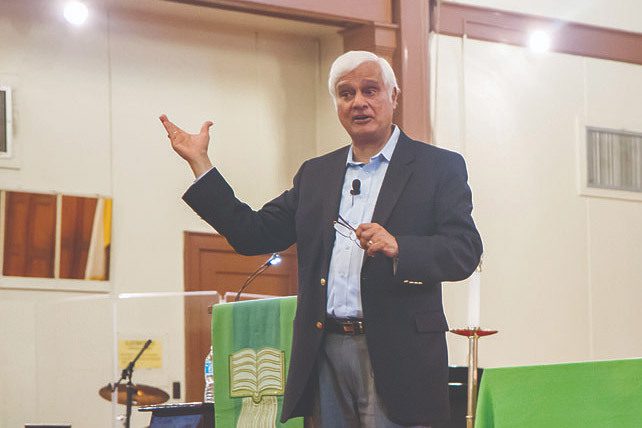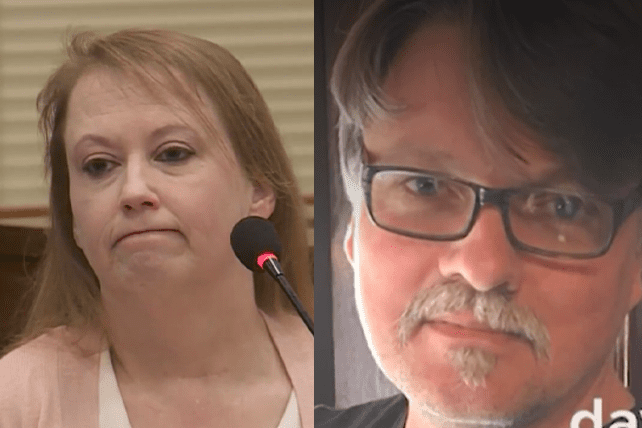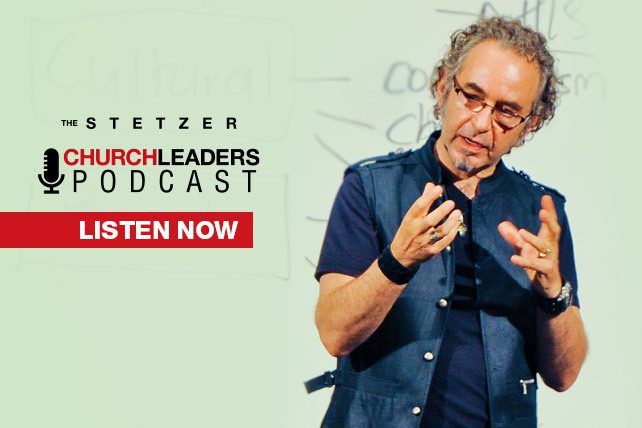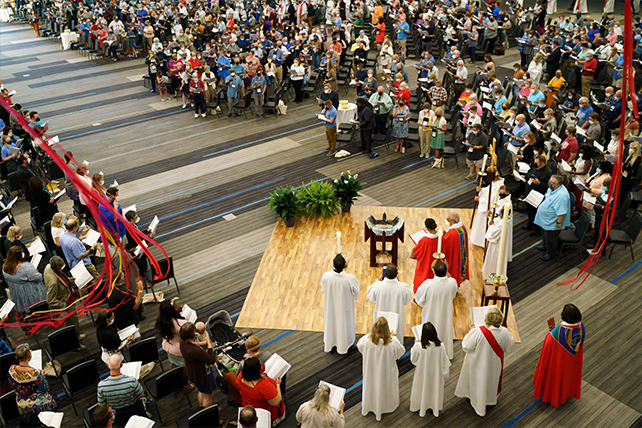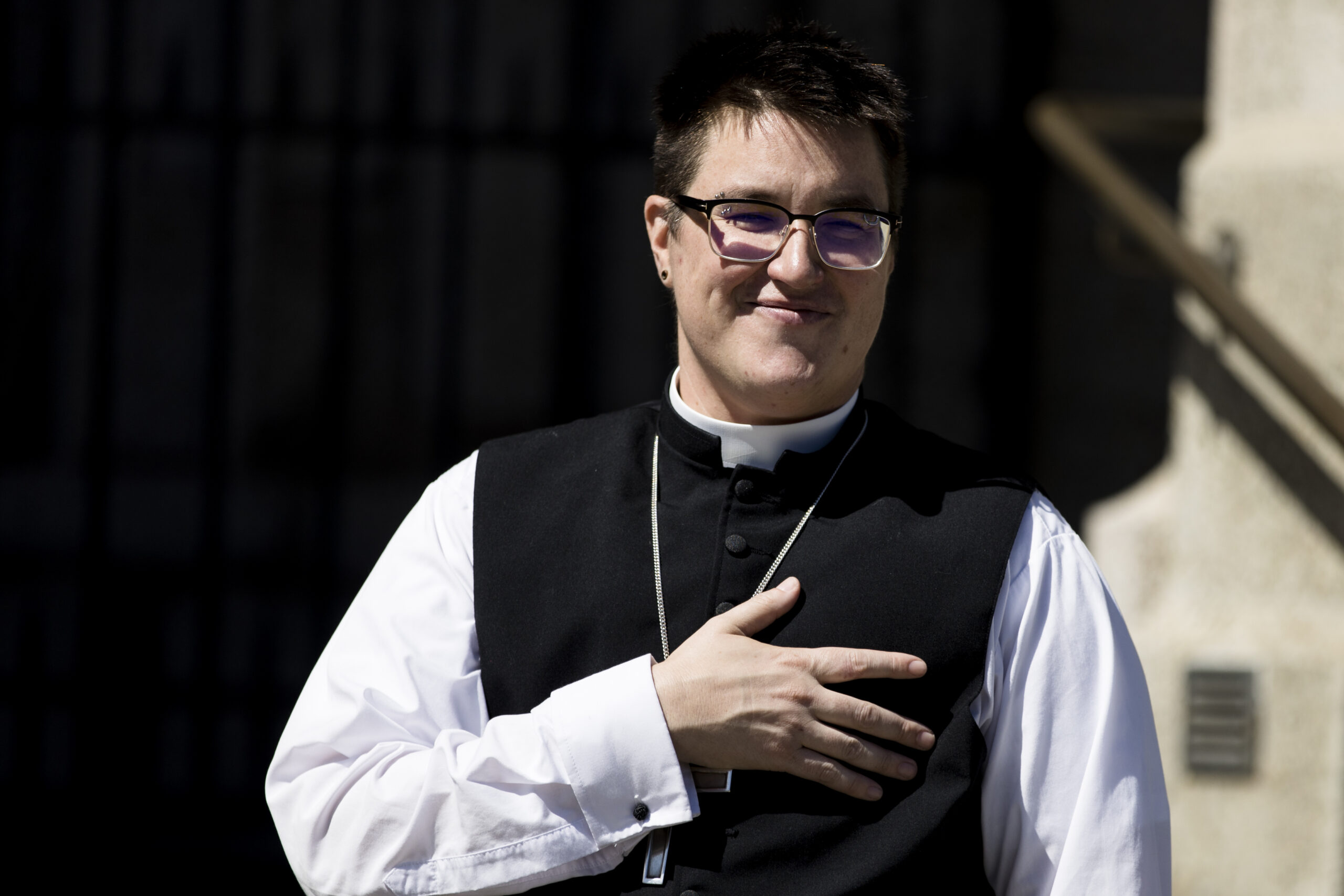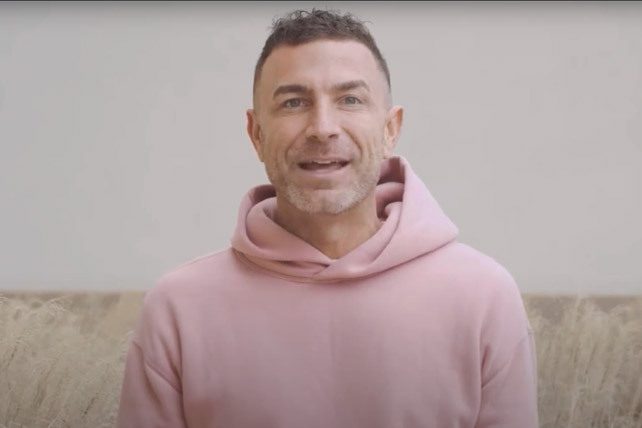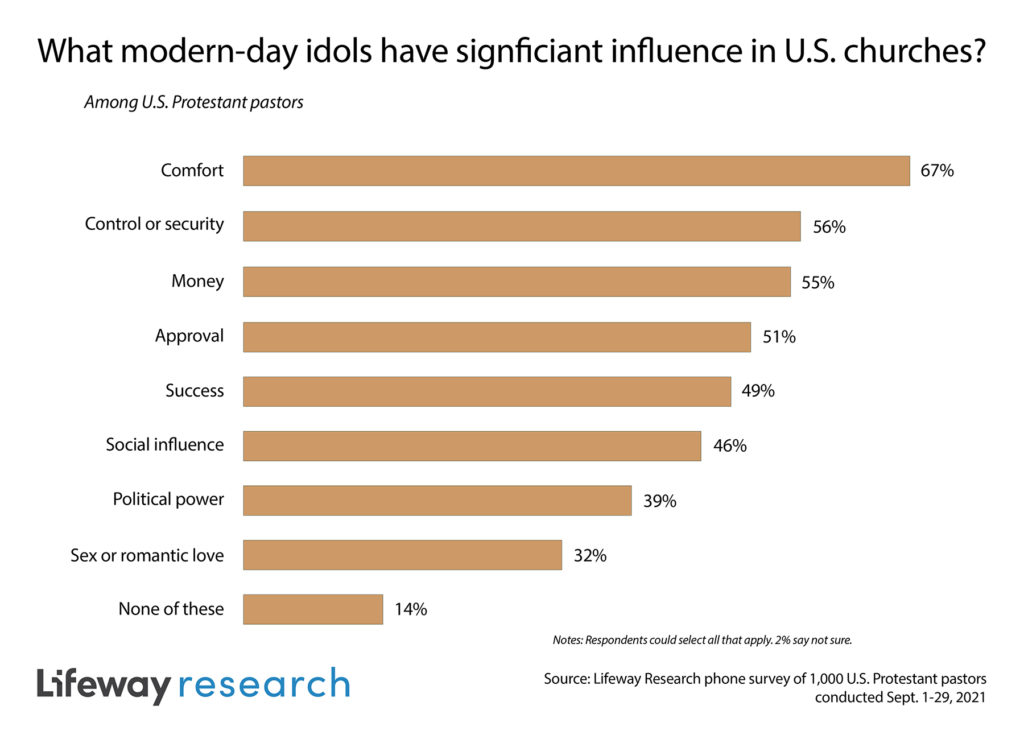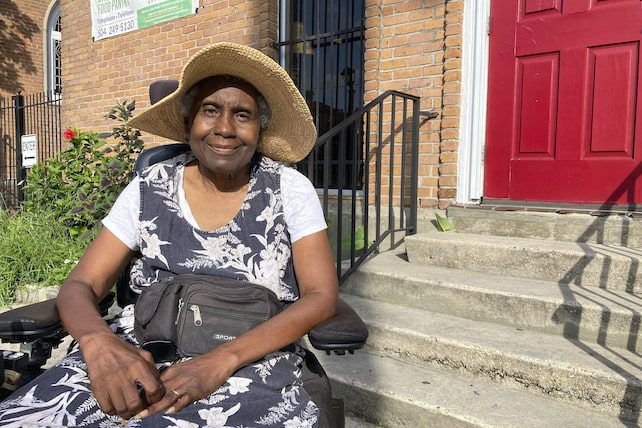![]()
As Christian therapists, we are fighting an epidemic. Conservative estimates indicate three to six percent of adults are involved in some form of compulsive sexual behavior. This equates to seven to 14 million adults who are creating untold damage in their marriages and families through sexual sin. This is a largely unseen, unrecognized, and little discussed phenomenon, though the consequences are horrific. Sexual acting out ruins marriages, families, and the lives of the ones engaging in this wrongful behavior.
Sexual Sin: What Is Going On?
Nothing new. Societies have been plagued with sexual sin since the beginning of time with people behaving in egregious ways, harming others and themselves in the process.
We all know about “acting out”—expressing needs in indirect and destructive ways. We eat when distressed, get angry and rage when frustrated, pout when hurt—all forms of acting out. This article specifically addresses sexual acting out. We take our pain and anesthetize it with some substance or activity, which only serves to exacerbate the problem.
Men and women have always been tempted to sin. Sexual acting out is one way many attempt to minimize pain and make themselves feel good. Though God created sexuality for our pleasure, many of our clients have distorted His gift. They have taken this pleasure and twisted it through the use of pornography, affairs, visiting massage parlors, and more.
Sexual misbehavior is never innocent and always causes great harm. It can create the potential for sexual addiction, hurting innocent victims, and harming one’s self in the process. There is a biochemical component to these harmful behaviors. Having sex for sex’s sake is a selfish act, occurring partially because of our limbic system and the seat of core drives and emotions; it does not involve our more sophisticated brain, our neocortex. In the limbic system, we are more apt to act impulsively, do whatever feels good, and defer consequences until later.
As clinicians, we must bear in mind that sex and sexual acting out makes people feel good. Through the release of dopamine, a neurotransmitter that activates the reward center of the brain, people are able to dull their pain. Studies show that sex and cocaine actually have some things in common. This helps explain why people can become rapidly addicted to various forms of sexual stimulation.
It is no wonder that people want to replicate the feelings they get from sex. We all want to feel good. We want to relieve our stress, get rid of depressive symptoms (yes, sex has been associated with antidepressant qualities), and feel the temporary suspension of worries. However, sexual acting out is more often than not a temporary fix to a far more complicated problem.
So, what is the real problem? Where do we need to apply our clinical skills and expertise? We should first look for the deeper problems being masked by the acting out. Where are your clients or congregants really hurting? Where are their wounds? What are they not talking about and what are they covering up with their behavior? We must go to their emotional pain, expose it, and offer true help. Also, we must critically explore character traits of impulsivity and compulsivity—acting without considering the consequences and in ways to create ritualized and compulsive behavior. We must help them see that their solution creates even more problems.
Why are people so prone to these sexual problems? We must explore the possibility that they have competing drives. Their impulsive brains want pleasure and want it now. They do not want to feel emotional pain or think about the consequences of their actions. If flooded with dopamine, which will make them impetuous and self-centered, they may impulsively “choose” to act out. Ignoring the logical part of their brain, the neocortex, they take the chance of getting caught in exchange for the “high” they receive.
Sexual Sin: Acting Out
We are all familiar with the Garden of Eden story. Adam and Eve had everything they could ever want, but were tempted by the serpent to eat the forbidden fruit. “When the woman saw that the tree was good for food, and that it was a delight to the eyes, and that the tree was desirable to make one wise, she took from its fruit and ate; and she gave also to her husband with her, and he ate” (Genesis 3:6).
What causes our clients, like Eve, to make painful, costly, high-risk decisions that ultimately hurt themselves and others in their world? They know better. They may be aware, at least at some level, that succumbing to the temptations of the world will ultimately destroy them…yet, they give in anyway.
We are all like Eve. In various ways we all make poor choices in spite of adverse ramifications. We give in to temptations… acting out what is inside us. Why do we place ourselves in dangerous situations and do dangerous things in spite of inevitable negative consequences?
Knowing what we know, what should we look for to help our clients? Here are a few character traits to observe and monitor as we help our struggling clients to better manage their lives, delay gratification, and make healthier choices:
Impulsivity: Many of our clients are frustrated and impulsive. They give way to their emotions and behavioral temptations. You might reason that they would have learned to deal effectively with frustration, thinking before they act and then acting maturely; however, this is not often the case. Many fail to sit with their emotional pain and succumb to temptation for immediate relief.
Passive-aggression: Some of our clients are driven to act out sexually because of buried anger toward their mates. They feel justified because they consider themselves victimized in some way. When individuals lack the ability to heal problems in a healthy manner, those problems only grow and manifest in overt behaviors.
Unmet needs for love, attention, and excitement: Vulnerability plus opportunity equals catastrophe with our clients. If their needs are not met within the relationship, and within themselves, they will be tempted to find solutions externally. When needs for love, attention or even excitement are not met within a relationship, acting out is always a temptation.
Addiction: Behavior that is pleasurable is more likely to be repeated. If repeated frequently enough, addiction is very possible. Secret sin and “forbidden fruit” lead to ritualized behavior, often culminating in sexual addiction. We know that addictions play an important role in repeated compulsive sexual acts.
Consider each of these issues as they might relate to your clients. Then, consider how each is ultimately fueled by denial. Denial allows your clients to be immature. Through the power of denial, they rationalize and justify their behavior. The Apostle James describes the problem like this: “… but each person is tempted when they are dragged away by their own evil desire and enticed. Then, after desire is conceived, it gives birth to sin; and sin, when it is full-grown, gives birth to death” (James 1:14-15).


